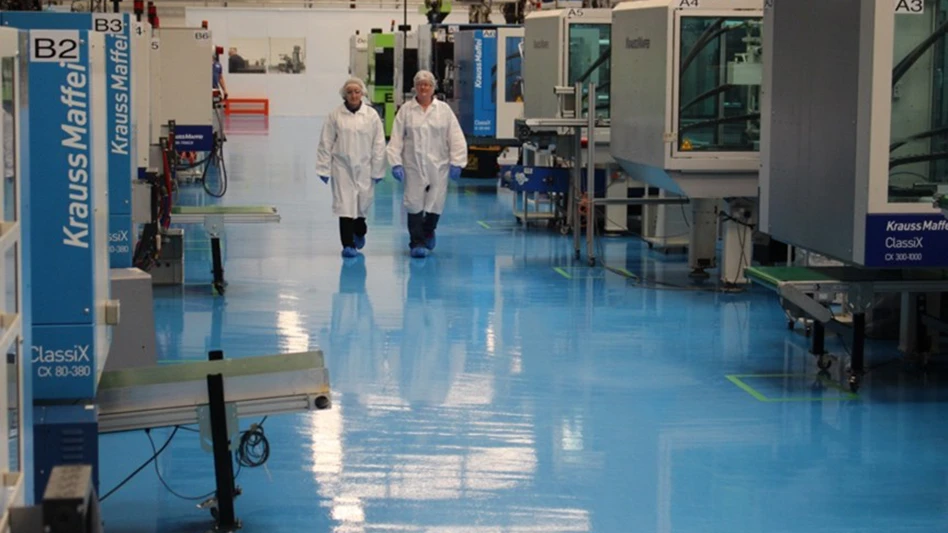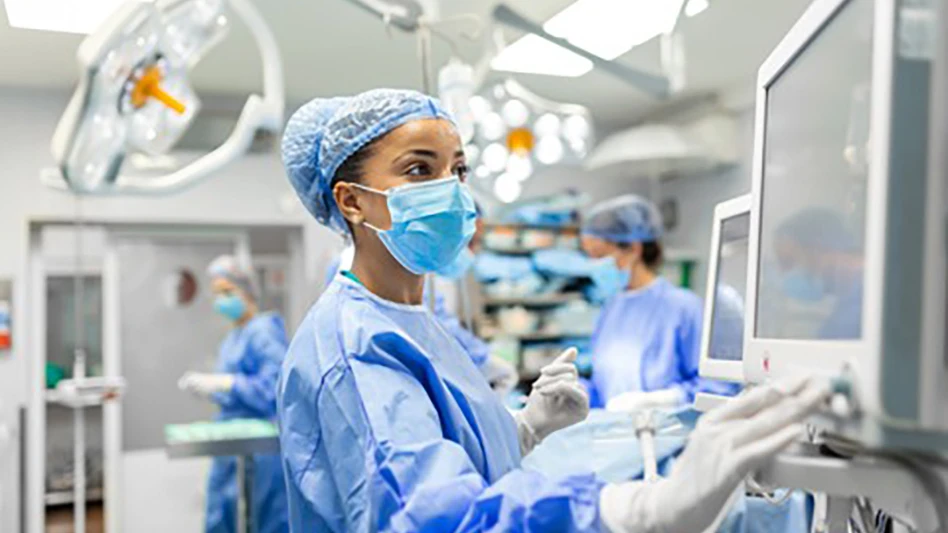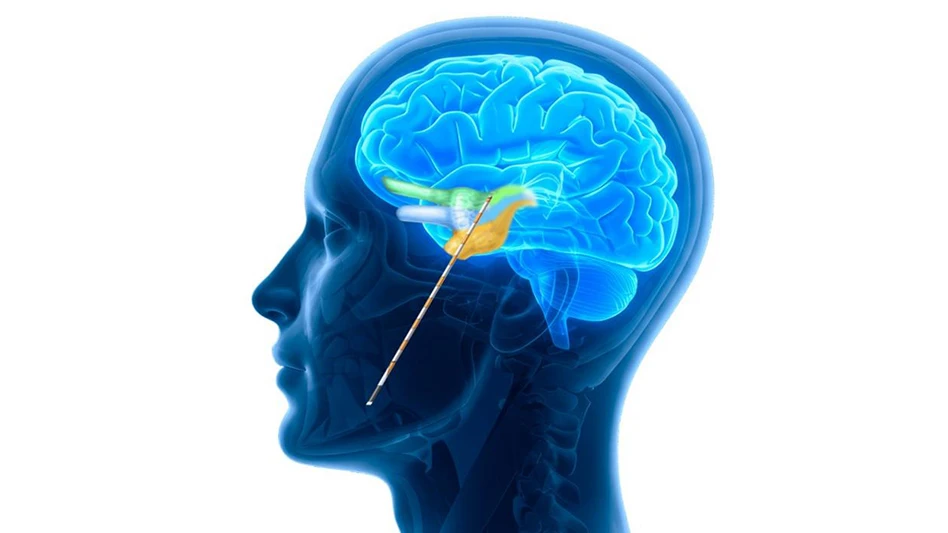
PositiveID Corporation, a developer of medical technologies for diabetes management, announced today that it has finalized its first-in-class development of a fully-synthetic glucose sensing system to measure glucose levels within the body for people with diabetes. PositiveID and its partner RECEPTORS LLC believe they are the first to develop a fully-synthetic, stable, sensitive, selective sensing system that is responsive to glucose in human plasma, which is considered to be a critical step in the development of an artificial pancreas.
PositiveID's glucose sensing system is the mission-critical component of its GlucoChip, glucose-sensing microchip for people with diabetes, and is based on PositiveID's Patent No. 7,125,382 for an "Embedded Bio-Sensor System." The Embedded Bio-Sensor System patent covers any bio-sensor system that utilizes radio frequency identification technology and includes a remote transponder in wireless communication with an implantable, passively-powered, on-chip transponder.
PositiveID previously announced it created and demonstrated a continuous glucose sensing system in a model blood plasma matrix, and has now advanced development of the sensing system to respond to glucose levels in human plasma. PositiveID also has a patent pending with the U.S. Patent and Trademark Office covering its invention of the stable and reproducible, closed-cycle continuous glucose-sensing system. PositiveID now has five patents and patents pending surrounding the development of GlucoChip.
William J. Caragol, chairman and CEO of PositiveID, states, "The development of a fully implantable glucose sensor is one of the essential requirements for the successful development of an artificial pancreas. We believe that with the combined expertise of Receptors and our strong intellectual property portfolio that surrounds the development of our GlucoChip project, we are well positioned to play a potentially significant role in making an artificial pancreas a reality for people with type 1 diabetes."
More than 25 million children and adults in the U.S. have diabetes, or over 8 percent of the population, according to the 2011 National Diabetes Fact Sheet. The CDC predicts that nearly 30 percent of children born after the year 2000 will develop diabetes. The lifetime risk of developing diabetes for those born in the year 2000 is 35 percent. The total cost of diagnosed diabetes in the U.S. is estimated at $200 billion.
PositiveID also recently announced positive preliminary results from its biotransport research study relating to its GlucoChip. Preliminary results demonstrate that the membrane materials to be used with GlucoChip allow for successful movement of glucose from body fluids. PositiveID's first animal studies were designed to test the membrane materials that will be the interface between the glucose sensing device and the in vivo environment by evaluating the ability of glucose to pass through the membrane to the sensing device (glucose transport).
Latest from Today's Medical Developments
- Boston Scientific to acquire Penumbra, expanding cardiovascular portfolio
- Star Cutter introduces Double Pilot Reamer
- #80 Manufacturing Matters - Machining Strategies to Save Time and Improve your Process for MedTech Components with Kennametal Inc.
- Real-world parts and expert manufacturing advice
- Experts discuss the latest in toolholding technology
- How permanent magnets are powering medical innovation
- Forecasting the year ahead in design and manufacturing
- Tecomet, Orchid Orthopedic Solutions announce merger agreement





